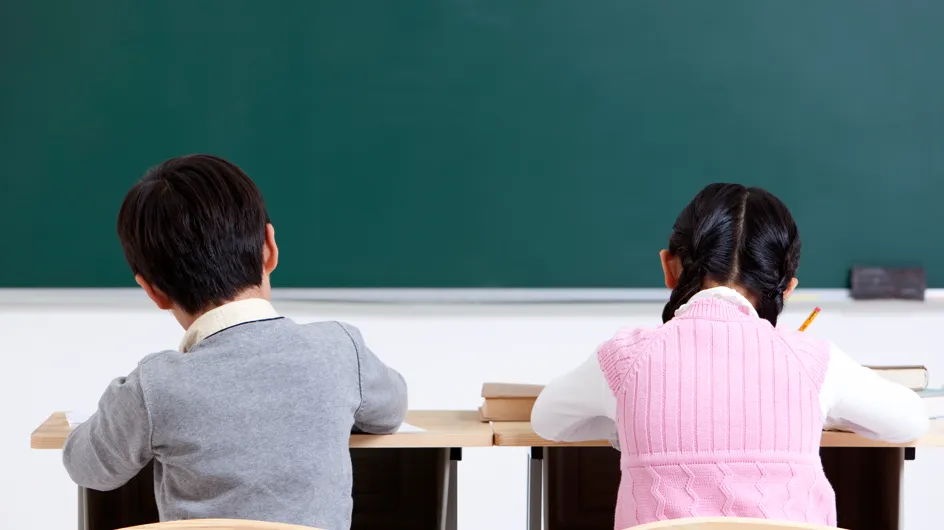The pop campaign launches today and asks for your support in getting an amendment to the Children and Families Bill, specifically demanding that sex and relationship education be a compulsory part of the national curriculum.
Following on from reports from Ofsted, the National Association of Head Teachers and End Violence Against Women, they say that something quite drastically needs to be done about teaching children and young adults about the realities of sex and relationships and the Department of Education need to step up to the plate.
The situation:
Currently, the average age that children access online pornography is 11, a quarter of teenage girls have experienced inappropriate touching at school, and cases of emotional abuse are at their highest amongst 16-19 year-olds - all strong evidence that an education on real life sex and positive relationships (and what to do in poisonous relationships) is needed more than ever.
Women’s Aid, Equals, End Violence Against Women, Everyday Sexism, Brook, the PHSE Association, the Terence Higgins Trust, NSPCC and the Family Planning Association and Brook have all joined together to support this campaign to bring the New Clause 20 to the Children and Families Bill. So what’s all the fuss about?
At the moment sex and relationships education is only compulsory in state secondary schools and focuses on biological facts rather than real-life experiences.
Over the last year fears have been growing that the effect of the highly sexualised culture we live in might be, well is, having a damaging effect on younger generations. While sex is everywhere they go, on their smartphones, on their laptops, well, pretty much all over the place, they are still faced with the traditional British awkwardness about actually talking frankly and openly about sex and it isn’t doing anyone any good, in fact it’s doing more harm than you might think.
A recent Ofsted report found that more than a third of schools were not equipped to provide pupils with age appropriate sex and relationships education leaving them vulnerable to sexual exploitation, sexuality and domestic abuse.
The watchdog report says: "The failure to include discussion of pornography is concerning as research shows that children as young as nine are increasingly accessing pornographic internet sites, and ChildLine counsellors have confirmed an increase to more than 50 calls a month from teenagers upset by pornography."
As well as this a YouGov survey found almost a third (29%) of 16-18-year-old girls say they have been subjected to unwanted sexual touching at school.
The NSPCC found that a third of girls in relationships aged 13-17 have experienced physical or sexual violence in relationships, while one in 16 of this group reported experiencing rape.
A study by Psychologies Magazine found that almost one-third of 14-19 year old's first looked at sexual images online when they were aged 10 or younger. And 75 percent say their parents have never discussed online porn with them.
Another report commissioned by the National Association of Head Teachers showed that 4 out of 5 parents would like their children to receive lessons on dealing with pornography. But despite the overwhelming evidence, the situation seems to be being ignored. In fact the Department for Education went so far to stop the Home Office’s campaign to educate about abuse ‘ThisIsAbuse’ from schools and the recent bill suggesting change has fallen through.
Critics argue that the right to educate children about pornography lies with the parent, not the school. If there were any doubts about innocence lost in childhood, surely having it in classrooms would shatter any hope of protecting it. Some even believe that sex education is a lost cause anyway – we all turned out alright and all we had were seventies style videos of robots under bed sheets and a rogue condom on a banana.
But surely the point of education is to set young people up with the skills they need in life. But with the obvious disparity between sex and relationship education and reality, we're hoping this amendment is made.
If you want to support the campaign all you need to do is contact your MP and demand they vote in the bill today. They've even drafted out the email so all you need to do is a simple copy and paste, it's that easy. You can find out more from the website and/or follow the latest on #YEStoNC20.
What do you think about the campaign? Tweet us your thoughts at @sofeminineUK.















